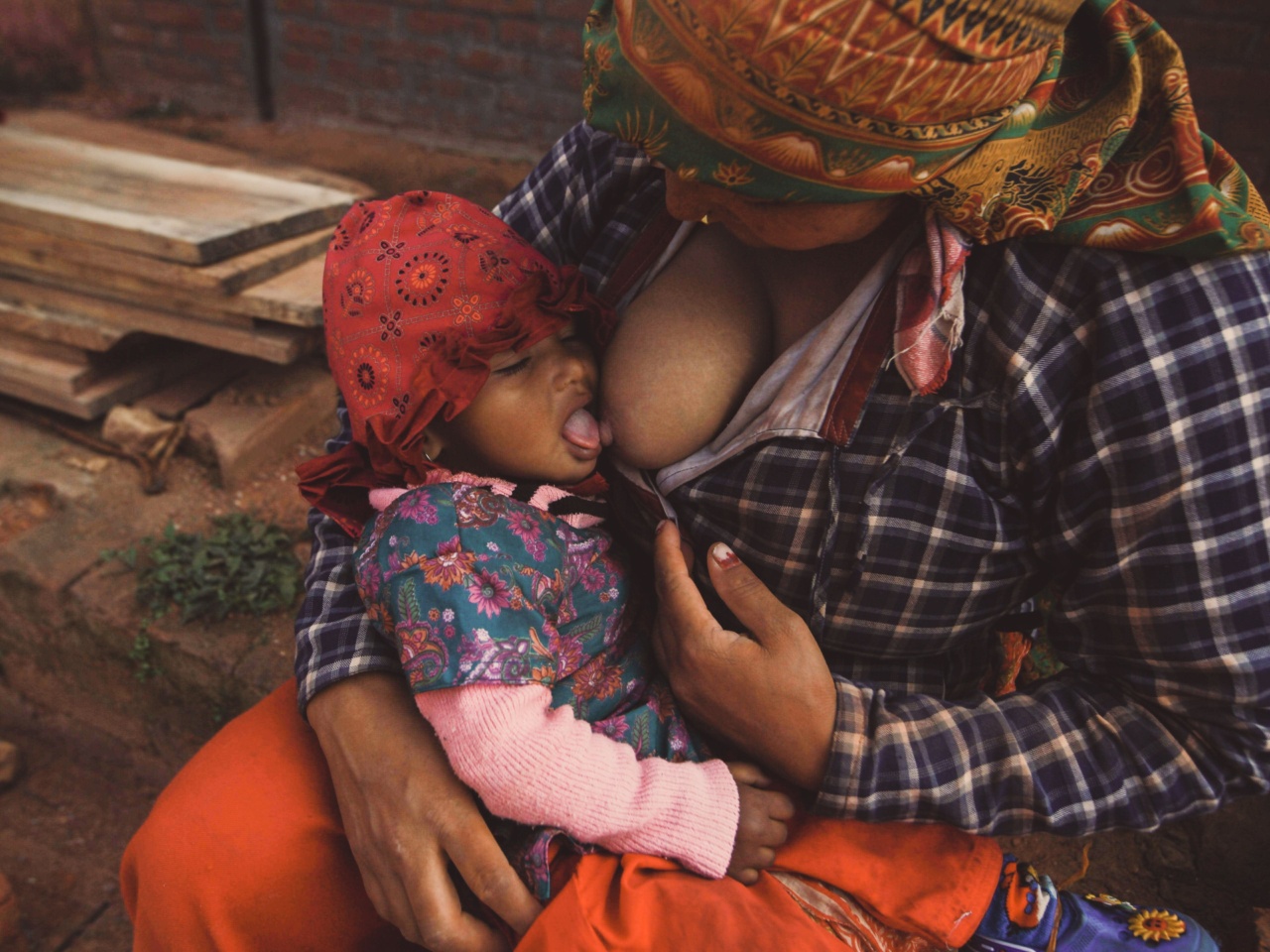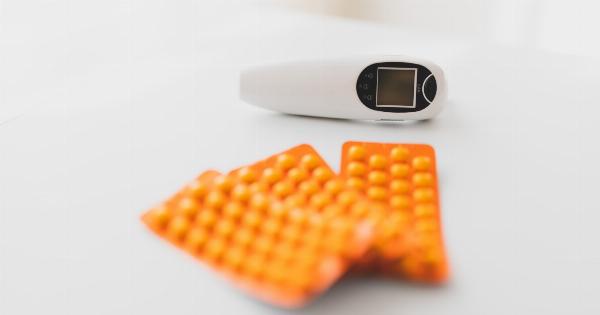Breast engorgement is a common condition that affects many breastfeeding mothers. It happens when the breasts become overly full, swollen, and painful. Milk supply tends to increase a few days after birth, and this can lead to breast engorgement.
The condition can make it difficult for a baby to latch, leading to a frustrating and uncomfortable breastfeeding experience. However, there are ways to relieve breast engorgement while breastfeeding.
1. Breastfeed Frequently
To help relieve breast engorgement, try to breastfeed frequently. Breastfeeding regularly helps to empty the milk ducts, which reduces pressure in the breasts.
You could breastfeed your baby every 2-3 hours, or when your baby shows signs of hunger such as rooting, sucking, lip-smacking, or opening their mouth. Breastfeeding at night is also helpful because the hormone that stimulates milk production (prolactin) is highest at night.
2. Use Warm Compresses
Using a warm compress can help to relieve breast engorgement by increasing blood flow to the breasts. When more blood flows to the breasts, the milk ducts widen, milk flows more easily, and pain reduces.
You can use a warm compress made by soaking a clean towel in warm water and wringing out the excess water. Hold the warm towel against the affected breast for 10-15 minutes before breastfeeding.
3. Try Reverse Pressure Softening
Reverse pressure softening is a technique that helps to move breast tissue away from the nipple and areola, making it easier for your baby to latch.
To perform the technique, gently press your fingers on the edge of the areola and push breast tissue back towards your chest wall. Hold the pressure for a few seconds, then release. Repeat the process several times before breastfeeding or pumping.
4. Massage the Breasts
Massaging the breasts can help to relieve breast engorgement by improving milk flow and reducing pressure. You can use your fingers to massage the breasts in a circular motion, starting from the outer edge and moving towards the nipple.
Do this for a few minutes before breastfeeding or pumping.
5. Use Cold Compresses
Cold compresses can help to reduce swelling and pain associated with breast engorgement. It is recommended to use cold compresses after breastfeeding or pumping. You can use a cold pack, a bag of frozen peas, or a chilled cabbage leaf.
Apply the compress to the affected breast for 10-15 minutes, then remove it for 10 minutes. Repeat the process several times as needed.
6. Avoid Tight Clothing
Avoid wearing tight clothing such as bras, tops, or dresses that compress the breasts, as this can lead to breast engorgement. Wear a supportive bra that fits well and does not restrict milk flow.
Avoid underwire bras as they can put pressure on milk ducts and lead to clogging. A properly fitting bra should not leave marks on the skin or compress the breast tissue.
7. Express Milk
If your baby is unable to latch properly, you may need to express milk to relieve breast engorgement. You can use a breast pump to express milk, or you can use your hands.
Hand expression is a technique that involves using your fingers to express milk from your breasts. To do this, massage your breasts to stimulate milk flow, then squeeze your breast with your fingers to express the milk.
8. Take a Warm Shower
A warm shower can help to relieve breast engorgement by increasing blood flow to the breasts and relaxing the muscles. You can stand under warm water for 10-15 minutes, letting the water run over your breasts.
Massage your breasts in a circular motion while in the shower, paying attention to areas that feel sore or lumpy. Avoid using hot water as it can dry out the skin and cause further discomfort.
9. Use Herbal Remedies
Herbal remedies such as cabbage leaves, aloe vera, and chamomile tea can help to relieve breast engorgement. Cabbage leaves can help to reduce inflammation and swelling. Simply place chilled cabbage leaves on the breasts for 10-15 minutes at a time.
Aloe vera is good for soothing sore nipples. You can apply aloe vera gel to the nipples after breastfeeding. Chamomile tea can help to relax the muscles and reduce pain. Drink a cup of chamomile tea before breastfeeding to help relieve breast engorgement.
10. Avoid Overstimulation
Overstimulation of the breasts can lead to breast engorgement. Avoid using nipple shields, using a breast pump excessively, or letting your baby suckle for too long. Limit the duration of breastfeeding sessions to 10-15 minutes per breast.
If your baby is still hungry, offer the other breast. If you need to express milk, do so for only a few minutes at a time, until you feel comfortable.
Conclusion
Breast engorgement can make breastfeeding uncomfortable and frustrating. The good news is that there are many ways to relieve breast engorgement while breastfeeding.
Breastfeed frequently, use warm compresses, try reverse pressure softening, massage the breasts, use cold compresses, avoid tight clothing, express milk, take a warm shower, use herbal remedies, and avoid overstimulation. These tips can help to reduce swelling, pain, and discomfort associated with breast engorgement.































